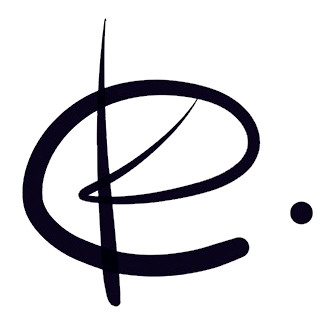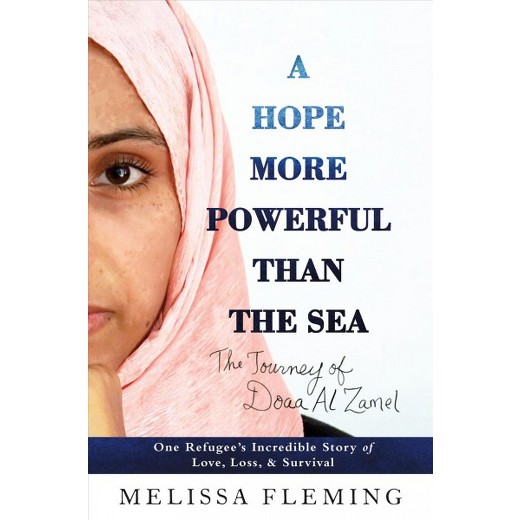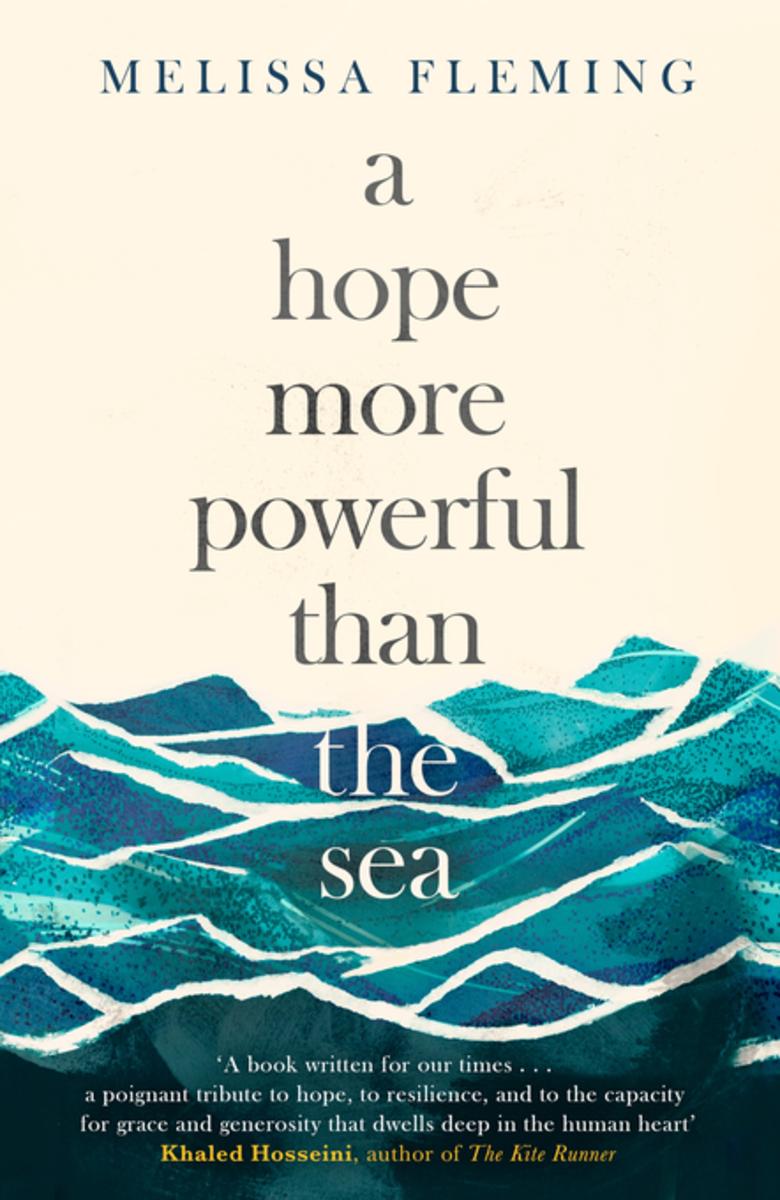January is the month of resolutions and suggestions on how to be more happy, less stressed, more productive, and how to lose holiday weight. So, when I stumbled upon the NYT article "Your 2014 resolution: Drinking Adventurously" I simply loved its title and resolution. To be more exact, I got the mouth watering sensation of a sip of red dry wine in my mouth.
For those of you who know me, you know my love for wine. A glass per day along with my main meal is part of my daily diet. It may be white or red, depending on the food, although I go more for crispy cold whites in the summertime and dry reds in the winter. I rarely go for rosé, but if I do, it's only when a dry sparkly Akakies is available.
The love for a glass of wine per day runs in the family. And I have documents to prove it! Not a coincidence given that my family is from Naoussa, one of the two regions in Greece that produce the fine red Xinomavro wine, meaning "sour black" and read "ksinomavro".
My grandfather used to say that "wine makes the old man feel young again" and he had a glass per day, living a healthy happy life up to the age of 92. Actually, the importance of wine in our family goes back to my great-grand father. In a 1944 transfer of land document, between my grandfather and his siblings, their father's well being was linked to the provision of wine. In dividing the land, while some brothers were given vineyards, my grandfather's land had apple trees. So, if their aged father decided to spend the rest of his life with my grandfather, his brothers were obliged to provide two barrels of wine per year for their father. Funny condition for a contract, no?










